Belgium’s rising star talks dreams, melancholia and optimism in today’s not-so-optimistic world.
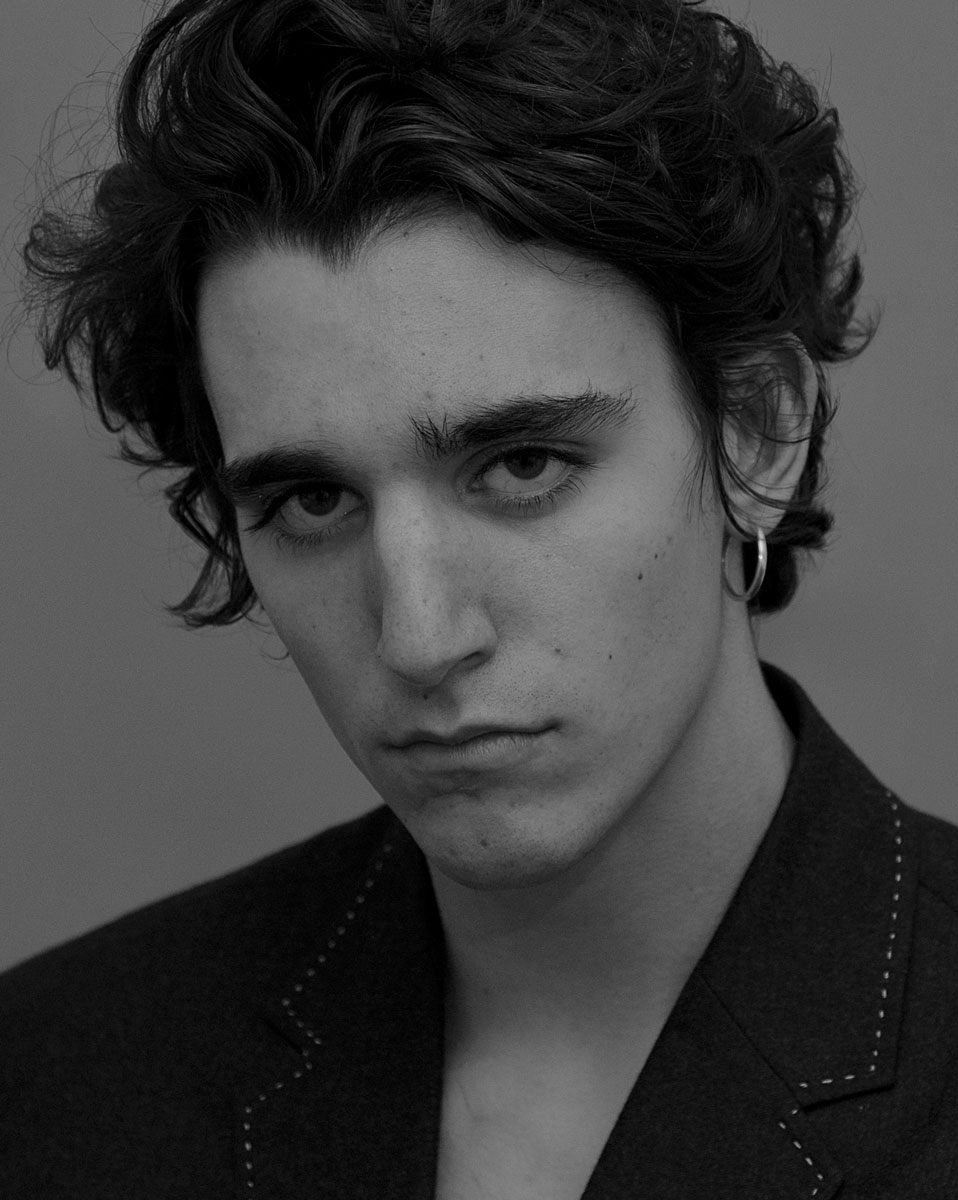
Tamino is living his dream. Belgium’s rising star first gained popularity with songs such as Habibi and Cigar—but really, the best was yet to come. His debut album, Amir (also the artist’s second name), dropped last month and immediately fulfilled all Glamcult’s hopes with enigmatic gems that are as soft-voiced, dark and romantic as their predecessors. We met Tamino for a conversation on dreams, melancholia and optimism in today’s not-so-optimistic world.
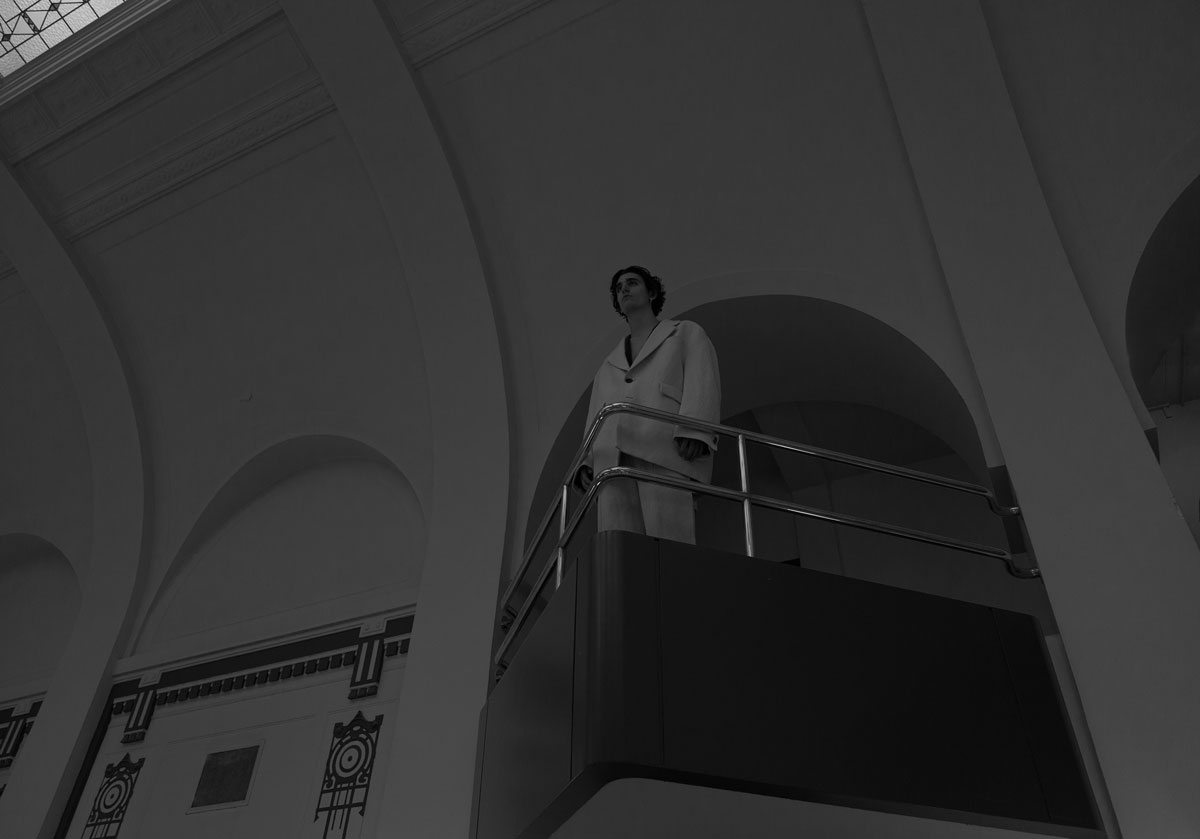
Does your music translate a personal experience or a certain worldview?
I write mainly from personal experiences, yet I can never pinpoint what it is exactly that gets me going. When I write a song, I can’t think. I have to follow what comes up. Leonard Cohen had a good saying for that: “If I knew where songs came from, I would go there more often.”
Does your music represent a dream world?
That’s a very interesting question. Dreams can say a lot about the subconscious, and songs can do the same. Like I said, I often don’t know where my inspiration exactly starts; I just let things happen. When I look at what I wrote afterwards, I see elements of things I experienced. In that way, writing music is like dreaming to me.
Who are your heroes?
Khalil Gibran, a Lebanese writer who moved to the US at a young age. The romance in his writing is of great example to me. John Lennon: I got to know his music at a very young age and became completely obsessed with him— to this day. And then there’s Roberto Benigni, the director and actor of the movie La Vita è Bella. He’s so inspirational in everything he does and the way he looks at life is the most beautiful way there is.
They say you should never meet your idols in case they have feet of clay. Would you?
The only one I would want to meet is Benigni. I can’t imagine that having a conversation with such a beautiful person could ever be a disappointment.
When you’re on stage, do you create a dreamscape around yourself or is it really you we see?
I used to be in theatre, and because of that I can make out the difference more clearly. Acting is forgetting who you are, crawling into a character, which makes you forget about yourself. On stage, it’s me. I don’t act—although I look up to musicians who do, like Tom Waits. But for me, it’s less about acting than it is about looking for a transcendent mood. I played a good show when I was able to let go of everything and didn’t think too much. That’s the most honest state there is for me: when I’m in a sincere connection to my audience.
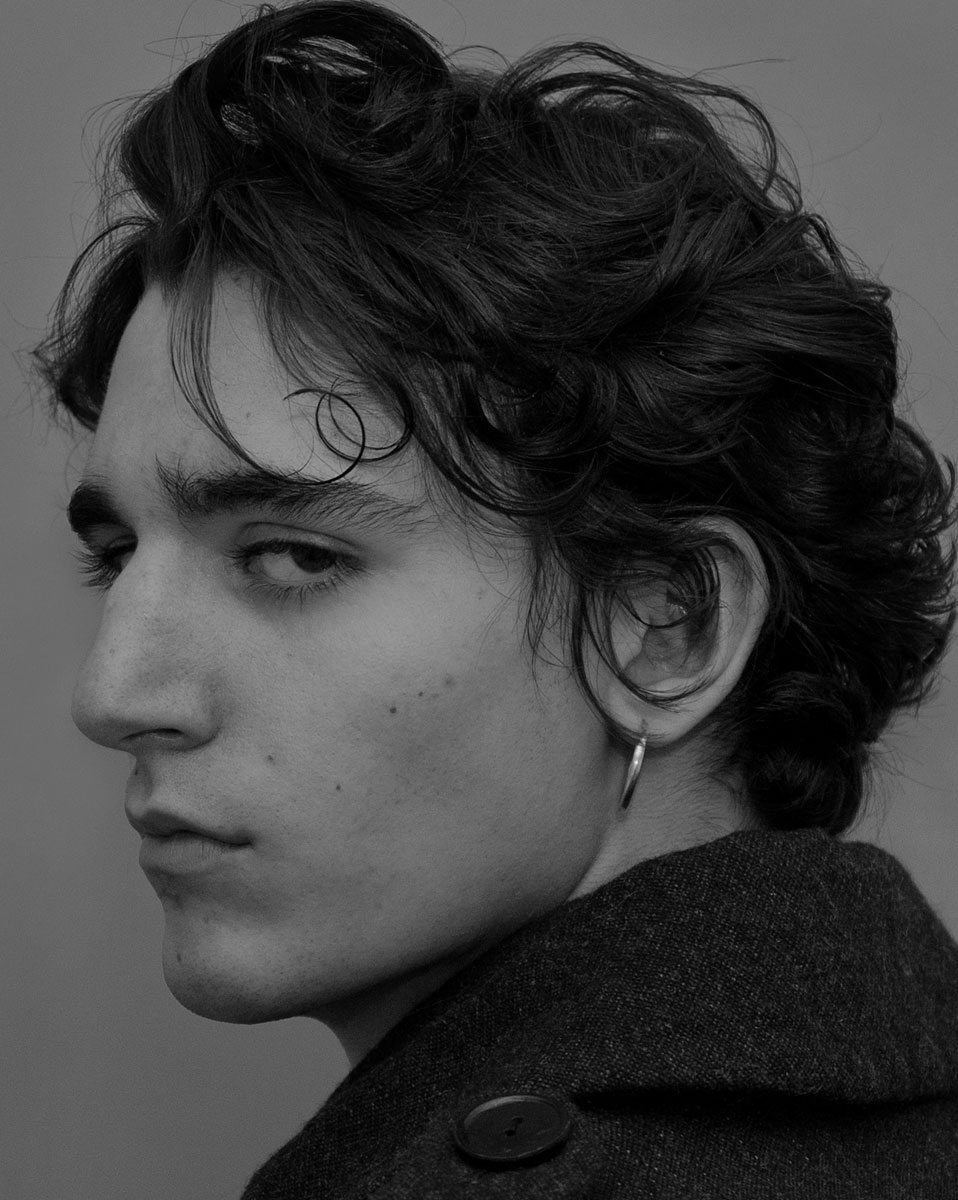
What do you want to say through your music?
I guess my music has its strongest expression when my audience loses itself in that transcendent mood together with me, when they forget about their daily concerns for a moment. When that happens, something magical takes place between the audience and me. […] Often, people call my music dark. I think what I do is more about embracing the darkness inside of us, the melancholia—to not run away from it, but to embrace it and by that, to be a better person in our daily lives.
Do you see yourself as a melancholic, romantic soul?
Those aspects are a part of me for sure, but I do have more of an indifferent side as well. The contrast between the romantic and that nihilistic side of me is very much intertwined in my music. It’s something that intrigues me a lot. I’m even a happier person because of it. Happiness for me is in not running away from things, but embracing all sides of yourself and accepting them.
How does your work translate to visuals?
I still have to learn a lot in that respect. I’m very lucky to have my brother, Rami, who’s enormously talented and helps me with all visuals: he creates my photos and music videos. We do everything together, which I enjoy a great deal. If I have to describe what my work should look like visually, I would say open, wide and everything but small.
How do you look at the future of our world? Is your view utopian or dystopian?
I choose to be an optimist. Although optimism isn’t necessarily one of my most inherent features, I consciously choose to look at things in a positive way.
Does your music express optimism as well?
Absolutely. An artist has to connect people. If you polarize, you’re not a good artist in my opinion. Music, and art in general, has the ability to bring people closer together and that’s the most beautiful and positive thing about it all at once. It doesn’t matter if you’re going to a death metal or a Beyoncé concert: you’re sharing your passion for music with all other people at that moment. When I succeed in moving an audience like that, I think I did something good and positive.
In a way, it’s like going to a funeral, where people are mourning together. Funerals have a dark connotation, but they’re just as much a celebration: people come together to honour someone they loved, not only to share the grief they feel about losing that person, but to remember the joy he or she gave them as well.
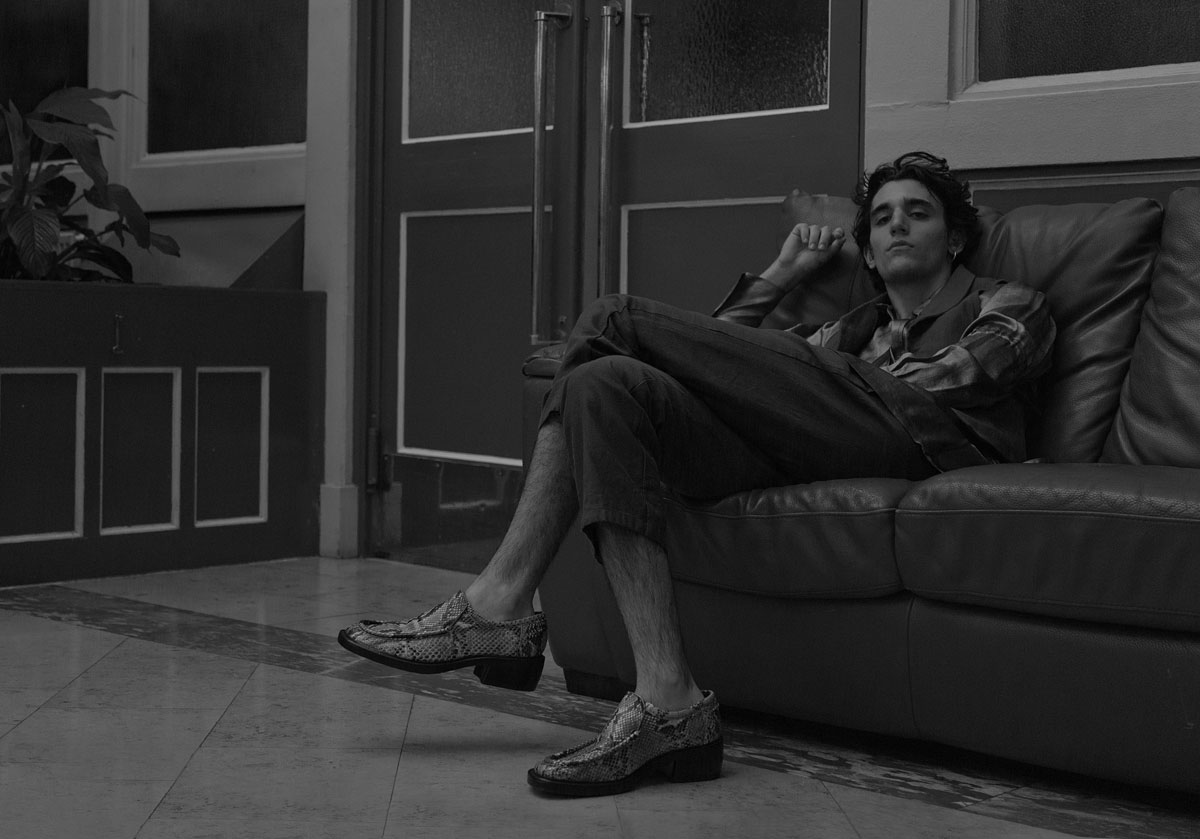
Could there be a reason why your music, or a band such as Cigarettes After Sex, has so much success at the moment?
Everything goes so fast today. Everything is shiny, full of glitz. It’s possible that the music I make brings some kind of silence in people’s lives. Also, if you look at the Sixties, for example, Bob Dylan used to be mainstream. Today, mainstream isn’t about content anymore. I guess there’s a large amount of people looking for depth and stratification again.
In which time period would you like to have lived?
Today, because we have the internet. It has a lot of disadvantages, but the advantages are so much bigger, I think. It has taught me so much about music. Next to that, the internet has made musical boundaries fade. Today, you can easily listen to a wide range of genres and also make music that has a bit of everything and still find an audience for it. I’d like to walk around in another time for a day, of course—but the freedom we have today is immense.
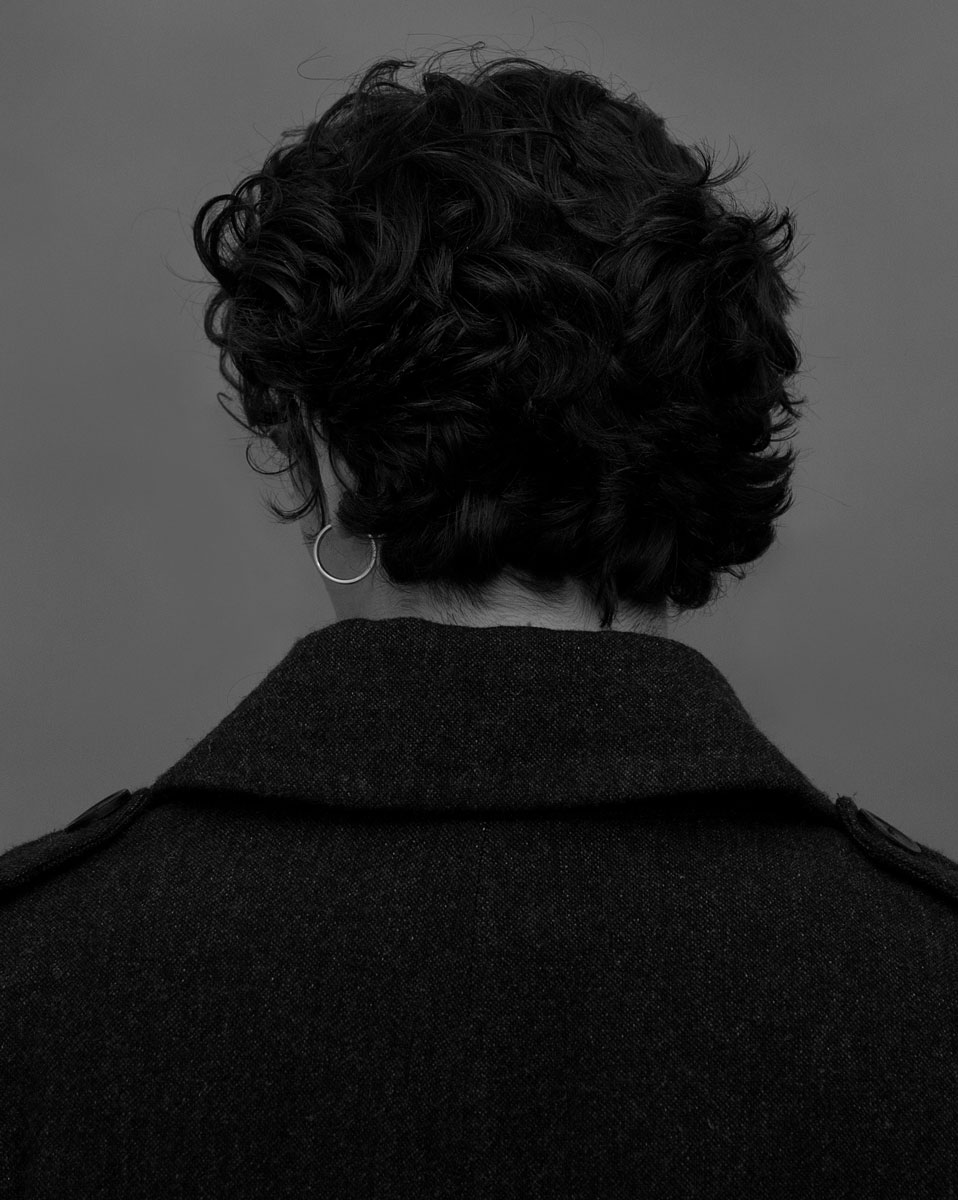
Words by Laura Bonne
Photography by Yaël Temminck
Styling by Koen T. Hendriks—Eric Elenbaas Agency
Hair by Hester Beek
Special thanks to Rho Hotel Amsterdam
Follow Tamino on Instagram